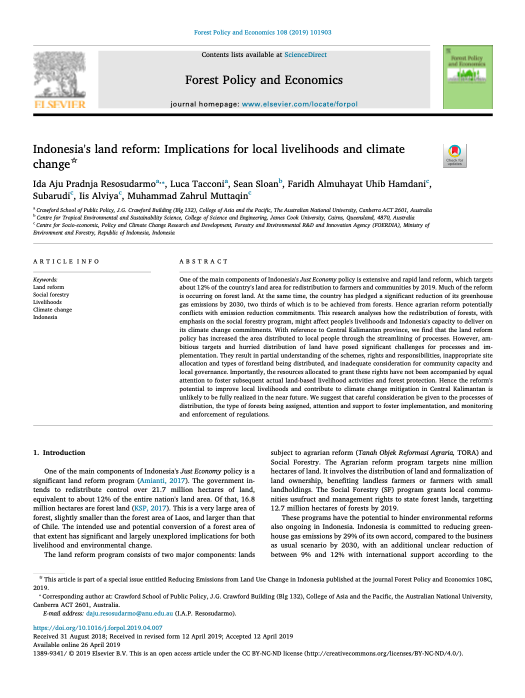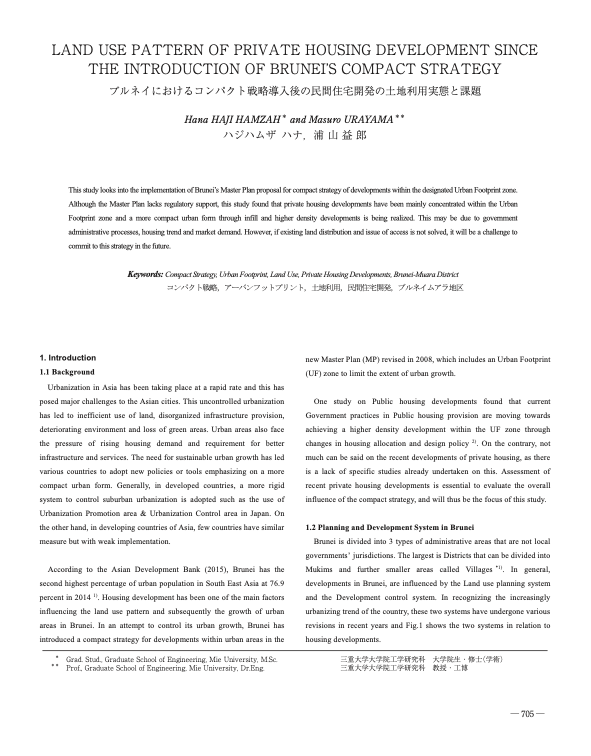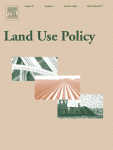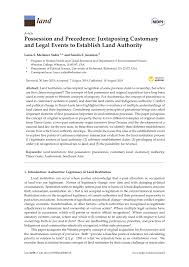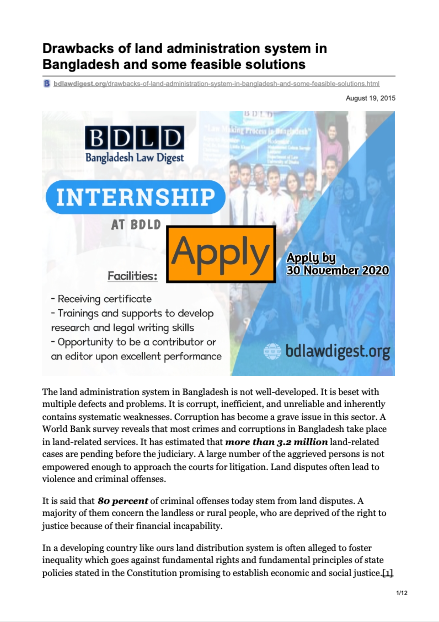The Challenge of Democratic and Inclusive Land Policymaking in Myanmar: A Response to the Draft National Land Use Policy
ABSTRACTED FROM EXECUTIVE SUMMARY: In October 2014 the Myanmar government unveiled a draft National Land Use Policy (NLUP) and announced it would take public comments for a limited time before finalizing the document. Once it is finalized, the new policy will determine the distribution, use and management of the country’s land and related natural resources like forests and rivers, for years to come.


